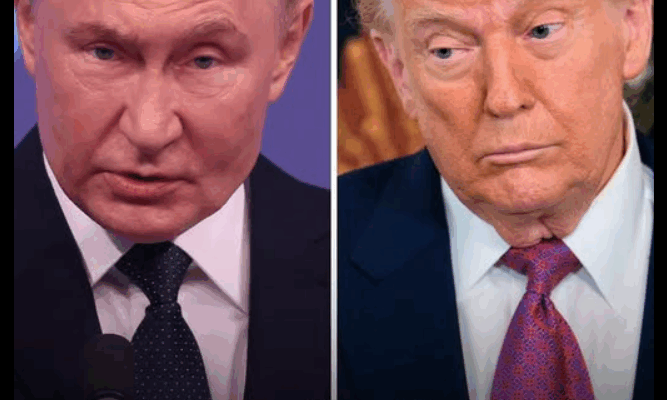Tensions in the Middle East have escalated into a potential global crisis, with nuclear powers like the U.S., Russia, and Iran increasingly drawn into the conflict.
The crisis began when Israel launched over 1,100 strikes on Iranian nuclear and military sites, prompting deadly Iranian retaliation.
President Trump, after initial ambiguity, left the G7 summit to focus on the crisis and indicated readiness to approve U.S. military strikes against Iran, though he still leaves room for diplomacy. The rare appearance of the U.S. Air Force’s E-4B “Doomsday plane” signaled serious preparations for potential nuclear escalation.
Russia has issued stern warnings against U.S. intervention, calling the world close to “nuclear catastrophe” and defending its ally Iran. Meanwhile, Iran has vowed not to surrender, warning that U.S. military targets in the region could be hit in retaliation. Though Putin has avoided direct threats, Russia’s strategic partnership with Iran and its military posture suggest it is prepared to respond.
Trump has issued public ultimatums to Iran, demanding it abandon its nuclear ambitions and warning civilians in Tehran to evacuate. Significant U.S. military assets, including the USS Nimitz and dozens of aerial refueling tankers, have been deployed, while Russia and Iran have also heightened their military readiness. European allies and the UN are calling for de-escalation, but diplomatic efforts have so far failed to halt the slide toward confrontation. Energy markets have been rattled, with fears of disruption in oil supply and broader economic instability. This crisis now represents one of the gravest nuclear risks since the Cold War, as miscalculations or accidents could trigger catastrophic escalation. The decisions made in Washington, Moscow, and Tehran in the coming days will shape the future of global security.
